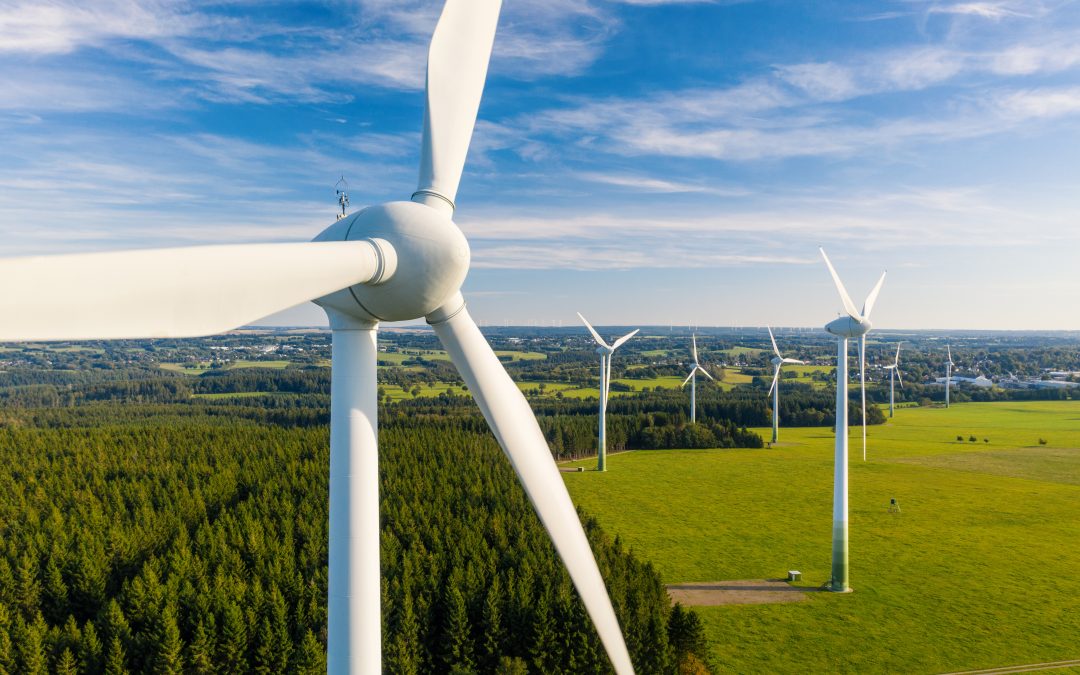Yes, yes, okay, the heading for this may have been stolen from a great statesman, but it did strike a chord with me, when I heard it on the news.
My “Energy Elephant” piece was written from a position of bewilderment about the lack of emphasis being placed on the energy crisis. It prompted many discussions, inside and outside the manufacturing sector, and I have been bombarded with information ever since. So much so, that I thought I should put it together here and throw it out there, to further the debate.
I confess that my flabber was gasted, by some of my conversations. One of our country’s leading moulders, confessed their energy usage is “criminal”. They run 20 year old, fixed and variable pump machines ,which are massively inefficient “but if it ain’t broke, we won’t swap it”. I withhold the names to protect the innocent, but their energy bill has just increased by more than £2,000,000 per year. I feel the need to write (Million) like the football results, when it is so extraordinary. Who could help them with this?
I called Dr Robin Kent, apologised for my intrusion, and asked if I was going mad. He’s been in the plastics industry since the 70’s and has been beating the energy drum for decades. He confirmed my insanity was as genuine as my findings, but warned it was a lot weirder than I knew.
So I wrote to my MP, because I’m sure I’ve heard that’s a thing people do in times of crisis. My email was sent to the Department for Business Energy & Industrial Strategy (BEIS). Have no fear, they told me, we have the Industrial Energy Transformation Fund. £289 (million) of funding, aimed at, as the name suggests, Transforming Industrial Energy. Phase one was run as a competition, (I kid you not) and after 2 years, 29 grants were awarded for feasibility studies. Now I’m a patient man, but at this rate the “transformation” will be glacial, and we all know glaciers are already struggling with global warming.
So who else might help? The Carbon Trust, thought I. Alas they “no longer have any Government funding to assist industry”, but they advised me to keep an eye on my local authority as, “pockets of funding pop up every once in a while”. Hardly grounds for long term planning.
Maybe I shouldn’t worry about oil or gas prices, after all, we are an island and we have wind power. Well apparently that’s not quite as simple either. We do have magnificent wind farms, on shore and off shore, we are the envy of the world, allegedly. But one tiny issue, I learned that we can’t store the power the farms generate. So if we don’t need energy on a windy day, we turn off the turbines. Think about that next time you drive past a static wind turbine. Even cavemen knew to collect dry wood in the summer, to burn in the cold wet winters. How did we fail to close that loop?
Now, this week I was reassured by The Times Business Correspondent, Dominic O’Connell, that the lights will not go out this winter and we won’t be told to share baths. Then he explained the solution is that industrial energy users will “be forced” to shut down production, or work reduced hours. Oh well, that’s a relief. I’m sure the industrial workers who are struggling to pay their bills, will be delighted at a shorter working week.
My conclusions are, that UK Manufacturing PLC has a tricky winter ahead and massive historic investment lethargy to overcome. The technologies are out there, the Super Deduction tax gives a 25% discount on new equipment and this is the quickest return on investment our sector has ever seen. We have one customer who has paid for a new 250 ton machine, in just 12 months, on electricity savings alone. It’s a scary new world. Turning off the lights all over Europe will not solve this issue, as Dr Kent has documented. We need to do more, and we need to do it quickly.
Carl Reeve 3.08.22

